Strip mining of open source
Strip mining of open source can be interpreted as the appropriation of free software code for proprietary gain with no intention of feeding code changes back to the community. Open source software developers beware...

Marc Fleury, who created the successful "professional open source" software company, JBoss, is also an advocate of "free software" licensing. Speaking at the time of Sun's decision to release Java under the GNU General Public License (GPL), he said: "The GPL is the best of both worlds because, Stallman's political convictions aside, the GPL creates a very strong notion of 'intellectual property'", an assessment that Richard Stallman, the creator of the GPL, would have balked at, "and at the same time, Sun can still monetize their virtual machine with dual licensing."
More contentiously Fleury claimed that "IBM reacted negatively to the Sun announcement" that Java would be released under the GPL "because IBM's approach to open source is what we call 'strip mining', which is to let the open source community do things - then IBM comes and packages them, and adds proprietary code, and markets the result - witness WebSphere - so they have this dual strategy of proprietary products and low-end open source."
Freedom as a principle
It could be said that the GPL came into existence to prevent strip mining of open source, which can be interpreted as the appropriation of free software code for proprietary gain with no intention of feeding code changes back to the community. The part of the GPL licensing framework that achieves this is known to its friends as copyleft, and is represented by its enemies as "the viral nature of the GPL", and has been a major factor in the success of free software.
A subtext for this assertion is the spat that Stallman had with James Gosling, the creator of Java, back in the 1980s. The first GNU software was GNU Emacs, which first appeared in 1985, written by Stallman, but incorporating some code taken from Gosling's rewrite of Stallman's original MIT Emacs, in C for Unix.
Gosling initially allowed free distribution of the source code to which others had contributed, but as Stallman tells it: "He stabbed everyone in the back by putting copyrights on it, making people promise not to redistribute it, and then selling it to a software-house." Stallman was hurt by this betrayal, and was to say of Gosling; "My later dealings with him personally showed that he was every bit as cowardly and despicable as you would expect from that history."
Stallman's response over time was the GPL, which he devised as a means of protecting the freedom of software, and preventing its misappropriation by third parties. GPL'd code can not be inverted, diverted or revert to proprietary ends, which may be frustrating to some but has ensured community and growth for many free software projects.
Sign up today and you will receive a free copy of our Future Focus 2025 report - the leading guidance on AI, cybersecurity and other IT challenges as per 700+ senior executives
"The only reason we have a wholly free operating system", Stallman has said, "is because of the movement that said we want an operating system that is wholly free, not 90 per cent free. If you don't have freedom as a principle, you can never see a reason not to make an exception. There are constantly going to be times when for one reason or another there's some practical convenience in making an exception."
The more traditional "open source" licenses have a more permissive relationship with the code. Third parties can take the code, repackage and (in some cases) relicense it, and pass it on in any form they wish without any obligation to feed code changes back to the community. This has some benefits and many drawbacks, the greatest of which is that the code of contributors can be exploited without attribution or feedback, and code is subsequently forked.
Dipping into the waters
Approaches to "open source" software by the major players in the computer industry have taken different courses because of the different gains to be had from re-using free software code, and the scope of the respective open source and free software licenses.
Apple uses open source FreeBSD as the base for OS X because it has gained a mature Unix operating system which would have been prohibitively expensive to develop from scratch. Apple has no obligation to release source code or changes back to the community because the license says that this is so, and markets OS X as an Apple product. It could be argued that the community loses as a result, and that the subsequent fracturing of the code base is one of the reasons that BSD Unix has never captured the imagination of developers and users in the same way that GNU/Linux has.
-
 Want a return on your AI investment? Open source could be the key to success
Want a return on your AI investment? Open source could be the key to successNews Organizations using open source AI tools are more likely to report a return on investment
-
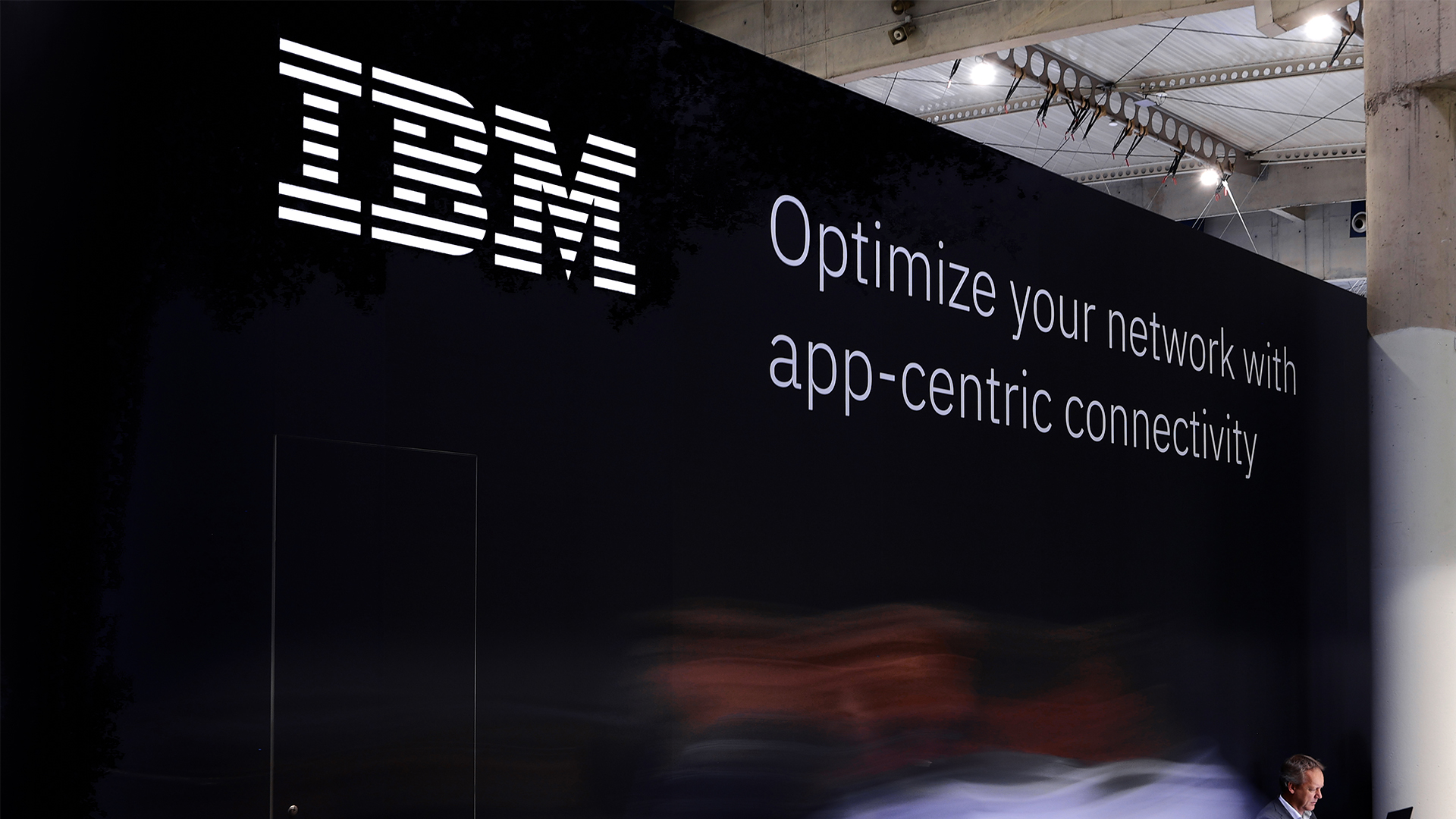 IBM just open sourced these generative AI coding models
IBM just open sourced these generative AI coding modelsNews IBM has open sourced models trained on code written in 116 programming languages - and it could make life a lot easier for enterprise developers
-
 Application performance management for microservice applications on Kubernetes
Application performance management for microservice applications on Kuberneteswhitepaper How to improve business-critical app performance in a Kubernetes environment
-
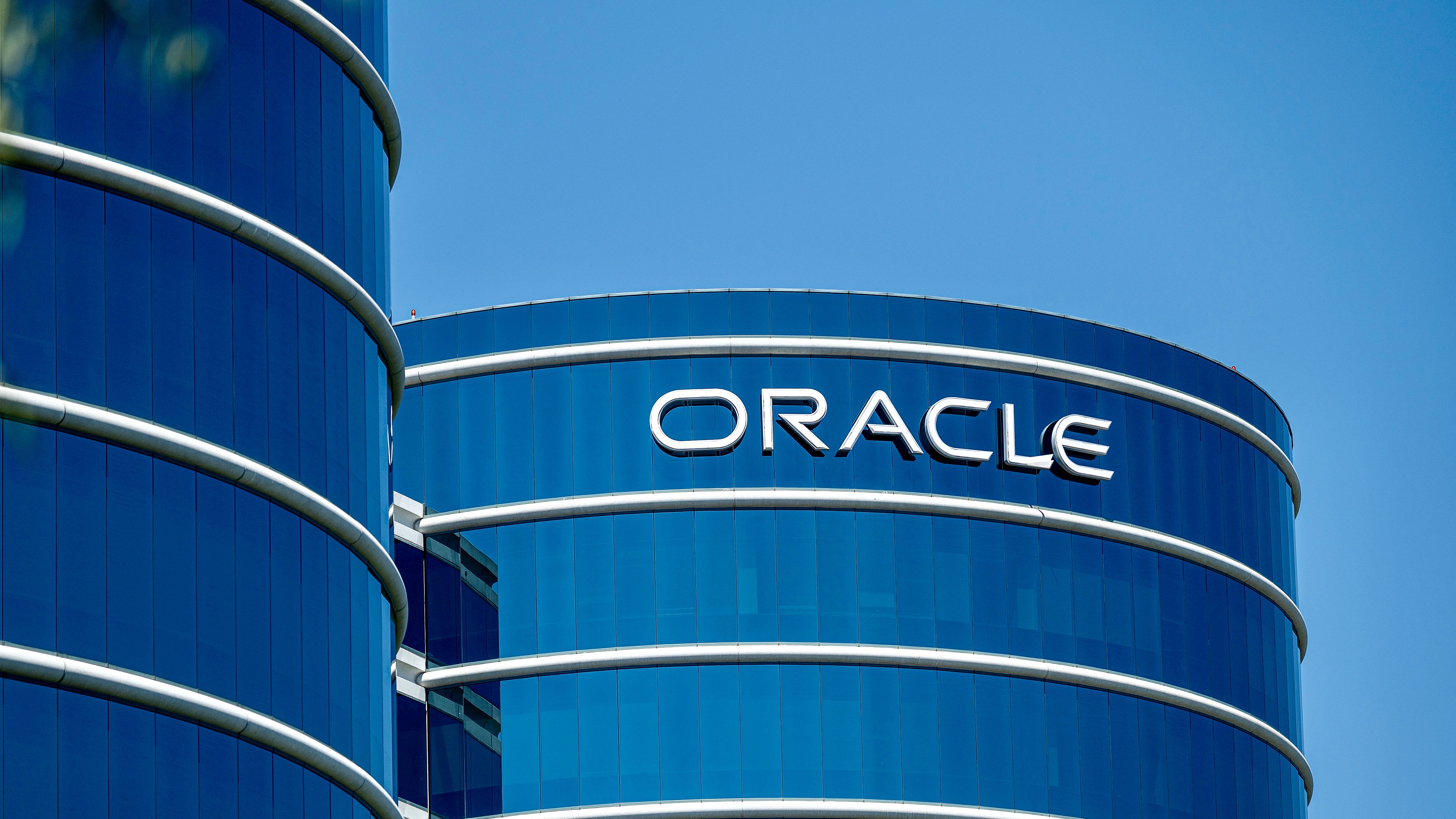 Can Oracle really be Linux's knight in shining armor?
Can Oracle really be Linux's knight in shining armor?Opinion The self-proclaimed champion of open source freedom would like you to forget about its history
-
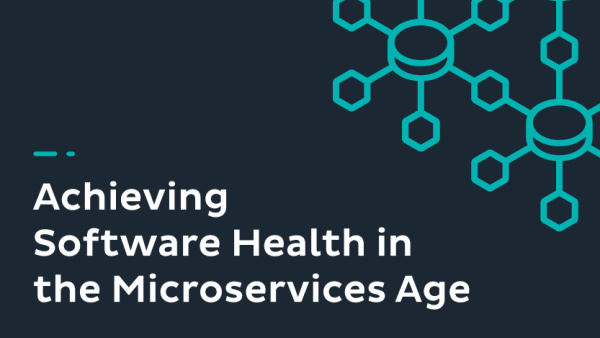 Achieving software health in the microservices age
Achieving software health in the microservices ageWhitepaper Tips and tricks for the new and emerging remediation methods
-
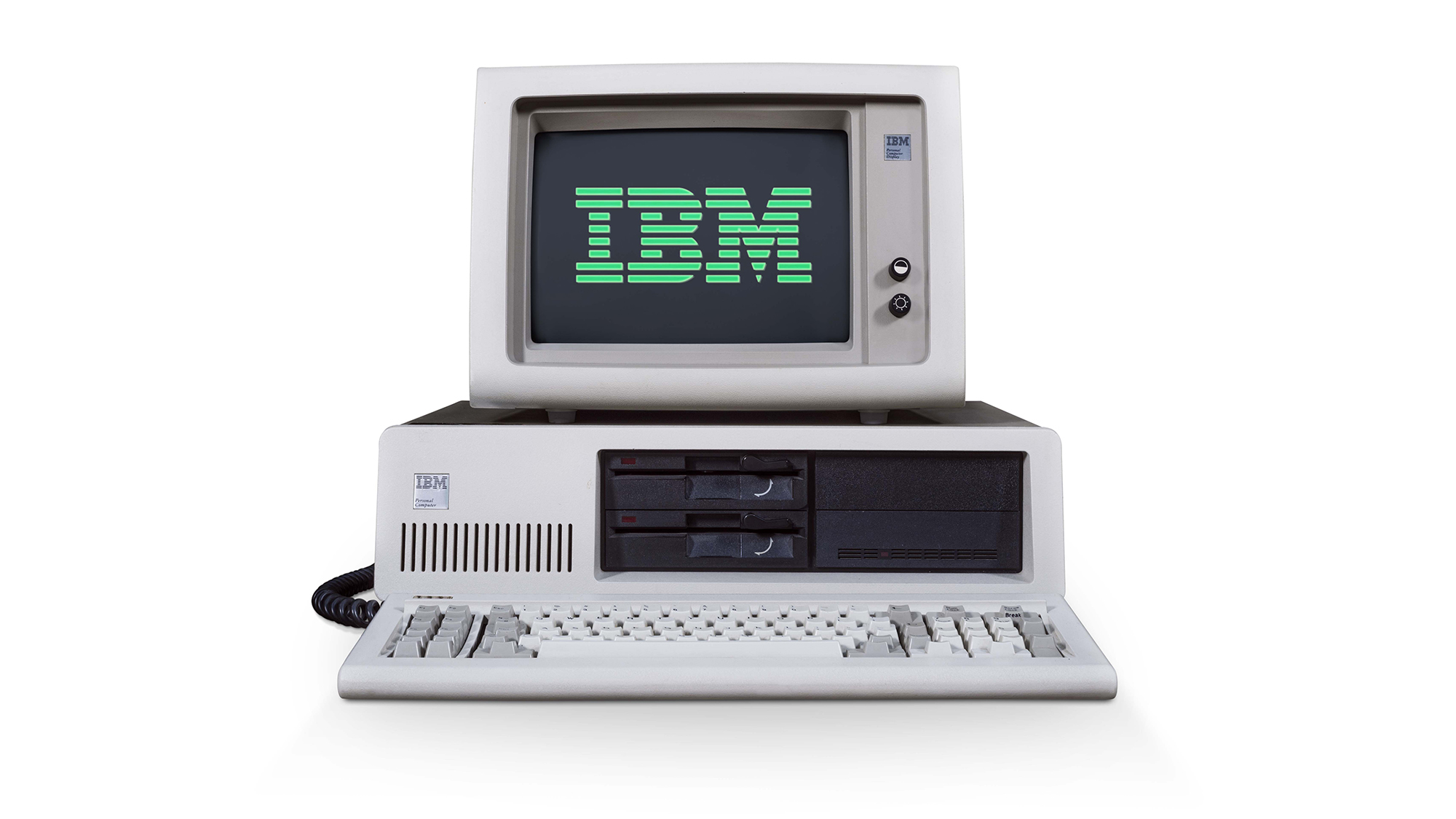 The true story behind the IBM Personal Computer
The true story behind the IBM Personal ComputerIn-depth The industry-creating IBM Personal Computer 5150 turned 40 this year. To mark the occasion, we reveal the story of its birth – and destroy one long-running myth in the process
-
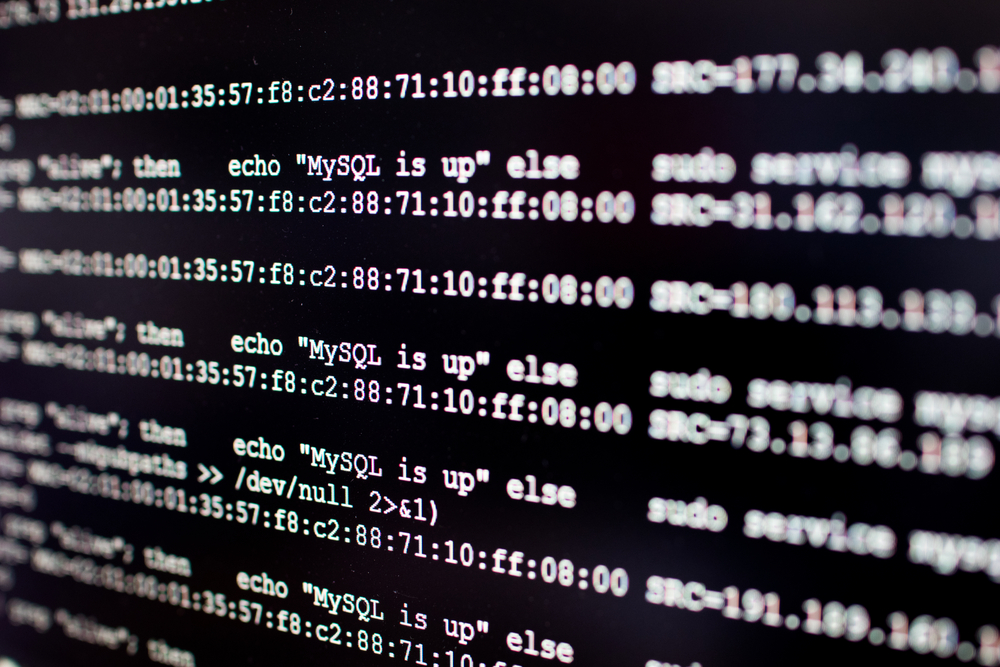 Xinuos sues IBM for patent infringement
Xinuos sues IBM for patent infringementNews Lawsuit revisits ancient legal war over Unix code
-
 Log-On Wave for IBM Z simplifies highly virtualized environments
Log-On Wave for IBM Z simplifies highly virtualized environmentsNews The service improves productivity and flattens the learning curve for less-experienced admins

